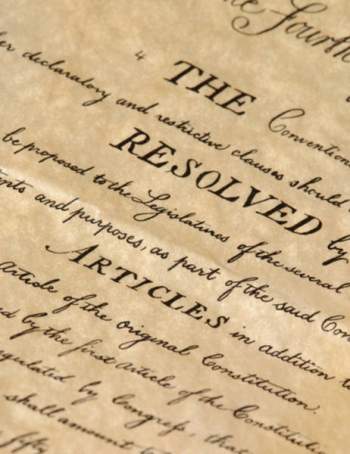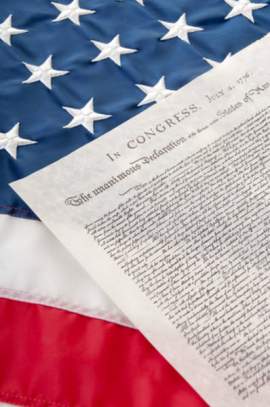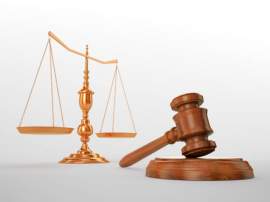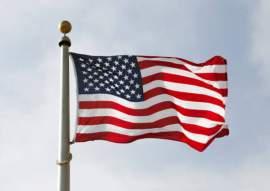
Preamble to the US Constitution

Popular In Constitution
Purpose Of Lifetime Appointment And Pros And Cons Enumerated Powers Bicameral Legislature Background Article 3 Of The Constitution We The People 1st Amendment Who Wrote The Constitution Judicial Review Equal Protection Clause 5th Amendment 10th Amendment Three Fifths Compromise
Jacobson v. Massachusetts was an important case for a number of different reasons, ranging from the implications that the case had on states' rights to coerce citizens in appropriate situations, to the effect it had upon the very nature of understanding healthcare even in the modern day world. But the case had an effect which is often overshadowed by those more blatant issues of citizens' rights versus states' rights and healthcare policy established by the Government. The case actually asserted an important point regarding the Preamble to the Constitution, helping to specify the Preamble's place in court decisions and legal thinking.
The facts of the case boil down to a conflict between a single man, Jacobson, and the State of Massachusetts, over whether or not Massachusetts could force Jacobson to be vaccinated. Massachusetts passed a statute in 1902 which would require all citizens who had not been vaccinated at some point during the past 5 years to become vaccinated or to pay a fine. Jacobson, however, refused both to be vaccinated and to pay the fine. He sued on the argument that the Massachusetts statute infringed on his liberty and sought to have his position supported through law.
The Massachusetts Supreme Court ruled against him, however, so he appealed to the United States Supreme Court. They decided against Jacobson, ruling that Jacobson's refusal to accept the vaccination was not so much an act of individual choice, as it was an act endangering those around him. He was accepting the benefits of everyone else having received the vaccine without having gotten it himself. Furthermore, this was a situation in which the State had the power to force citizens to act in certain ways in order to protect the common good.
The case established the concept of manifold restraints to action which each citizen inherently accepts in being a citizen in order to make the overall society function. There was some dissent, as the decision was a 7-2 decision, but the decision was accepted, in general, primarily because it was a decision so clearly in favor of the public. Jacobson's disbelief in the science of vaccination was not based on sound evidence and the general public welfare was helped by the prevalence of the vaccination.
In terms of the Preamble to the Constitution, however, Jacobson v. Massachusetts had a different effect. The Preamble does not have any legal power within the Constitution. It is an introduction to the document as a whole and does not, in and of itself, allow the exercise of any kind of legal power. This was confirmed and established in the Syllabus of the decision for Jacobson v. Massachusetts. The syllabus opened up with a statement on the fact that the Preamble did not confer any powers to the Government or to citizens, and the only power that can arise from the Constitution must come from elsewhere, not the Preamble.
The spirit of the Constitution can be understood through the Preamble's words, but actual legal power would not arise from the Preamble. This means that for all that the Preamble to the Constitution may provide a strong basic framework for understanding the intent behind the Constitution as a whole, the Preamble cannot be taken as directly legally relevant in providing rights or powers either to the citizens or to the State.
In this particular case, the State's actions were actually found to be in accordance with the intent of the Constitution as described in the Preamble. This would not have been enough to push the decision in Massachusetts' favor if there had not been a law on the books for acting as it was, but it was enough to confirm that Massachusetts was in the right.
NEXT: Understanding The Preamble





















